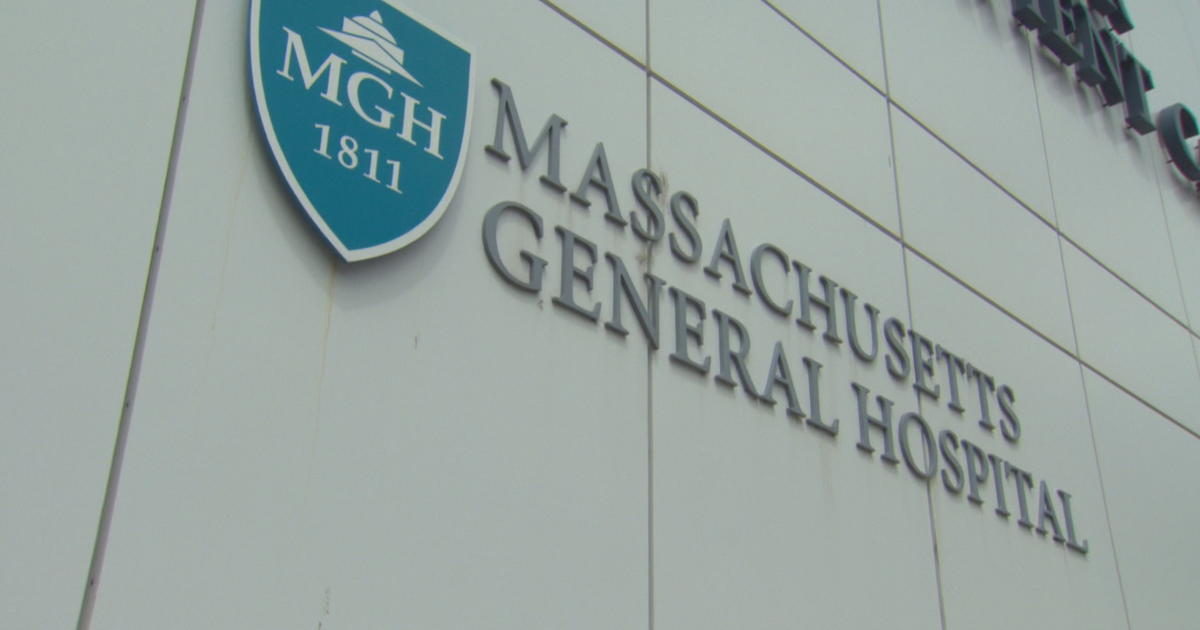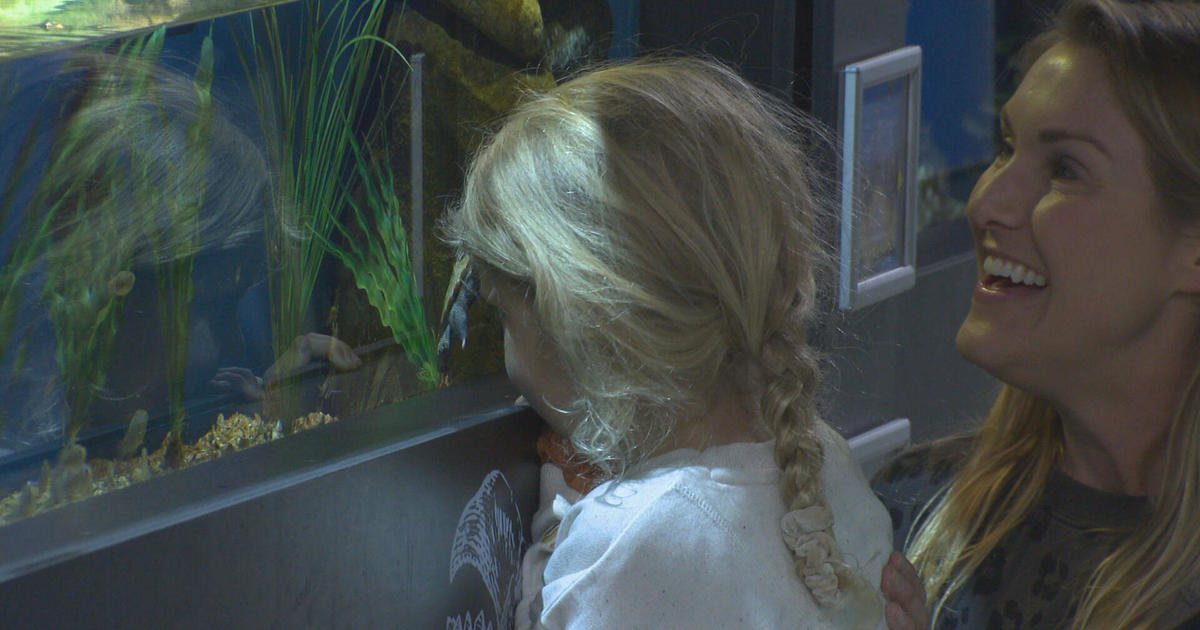Brigham And Women's Doctor Launches Study Into Loss Of Smell In COVID 'Long Haulers'
BOSTON (CBS) - Dr. Lora Bankova has great empathy for COVID "long haulers" who, months after recovering from the coronavirus, still don't have their sense of smell.
"It's not a mystery that a virus affects people's ability to smell. What is amazing is how many people only reported loss of smell and nothing else," Dr. Bankova said.
Now, as an allergist at Brigham and Women's Hospital (Division of Allergy & Clinical Immunology), she is launching a study to find out whether patients suffering long-term COVID-related anosmia (loss of smell) can get it back.
"It would be nice to tell them that this is going to come back in a year or two… or [that] you will need to start learning with other techniques how to cope with that. We can't even tell them what to expect."
Her study will include 100 people who have lost their sense of smell and recovered, and 100 people who contracted COVID-19 and still suffer from anosmia.
She is now testing which tiny brushes will be used to take samples from the participants' noses. She is focusing on cells, specifically in their olfactory mucosa, which makes mucus high up in the nose. Using single-cell analysis, Dr. Bankova and her team hope to determine, from a relatively small number of cells, whether there is visible change or damage that might explain why the sense of smell has not returned.
"Initially I thought it was destroying neurons—cells that detect smells," she explains from her office in the Department of Medicine. "But the fact that people recover suggests it's not that. And the literature suggests that the cells that are initially affected by the virus are not the olfactory receptor neurons."
She mentions that olfactory neurons are among the only neurons in the body that regenerate.
"The big mystery to me is—all other causes of anosmia that we know of, we treat with steroids and the loss of smell goes away because there is inflammation. Here (in COVID patients) there is no inflammation. There is no congestion. People don't experience congestion at all. But smell is gone. The ability to smell is gone."
Patients who still suffer anosmia, months after recovering from all other COVID symptoms, say it can seriously—and very negatively—impact their quality of life.
26-year-old Kara VanGuilder contracted COVID in March of 2020, even before the World Health Organization declared the coronavirus outbreak a pandemic.
Among the first and most alarming symptoms was the loss of smell and taste. Weeks later, as she regained her physical strength, she realized that she could no longer smell the bottle of lavender oil on her desk at work.
"I kept thinking that it went bad. And the real "ah ha" moment," Kara said. "I went to have a cup of coffee and it tasted really sour."
A full year later, she says nothing smells or tastes as it should. Everything is salty, bland, or rotten. She also experiences a recurring "phantom" smell of natural gas.
"One day I called NATIONAL GRID. I said, 'There's a gas leak and it's an emergency and you need to come now.'" The crew arrived, checked for the leak and found nothing," she said.
Three weeks later, experiencing the smell again, she was sure there was a leak. Again a crew arrived, checked for a leak and found nothing.
She can smell flowers faintly and all perfume smells like rubbing alcohol. Even spicy food tastes bland.
"It's slightly depressing," Kara explained. "We celebrate with food. Eventually when COVID is over, will I still feel that same feeling of—can I enjoyable this delicious food? I don't know." Thankfully, Kara has a determined ally. Dr. Bankova is Kara's boss. She applauds Kara for pursuing answers and confirms that Kara helped inspire the anosmia study now underway.
"She is amazing," Dr. Bankova says smiling. "She's done an amazing job encouraging us to go in that direction."
Dr. Bakova is motivated to find answers for patients like Kara who—at least for now—have been robbed of one of life's joys.
"You cannot help but feel for them," the doctor says with empathy. "You can put yourself in someone's shoes…We all experience smell everyday. As humans, at some point in our lives, we have all experienced the joy of a good cup of coffee, the joy of a good glass of wine."
She continued, "I do love chocolate and I cannot imagine not being able to taste my chocolate!"
Kara has tried steroids and "smell testing" therapy, but neither worked. A week into Dr. Bankova's study, she is optimistic that she will be able to fully enjoy all her senses again in the future. Dr. Bankova is also hopeful. She believes that even if COVID-related anosmia is permanent for some patients (which she hopes it isn't), she will be able to find a treatment that works. She expects to have results from her study in the next six months.
In the meantime, she says, it is important to remember that even young, healthy people can contract COVID, and that anosmia occurs even in mild cases. It is one more reason to continue taking precautions (masks and physical distancing) to avoid the virus. Finally, she says, we might all show a little more compassion to those around us. COVID has taken a toll in ways that we can't always see.
"Just ask people how they are doing—a little more than we used to before."
You can check out the study at https://rally.partners.org/study/covid_anosmia



